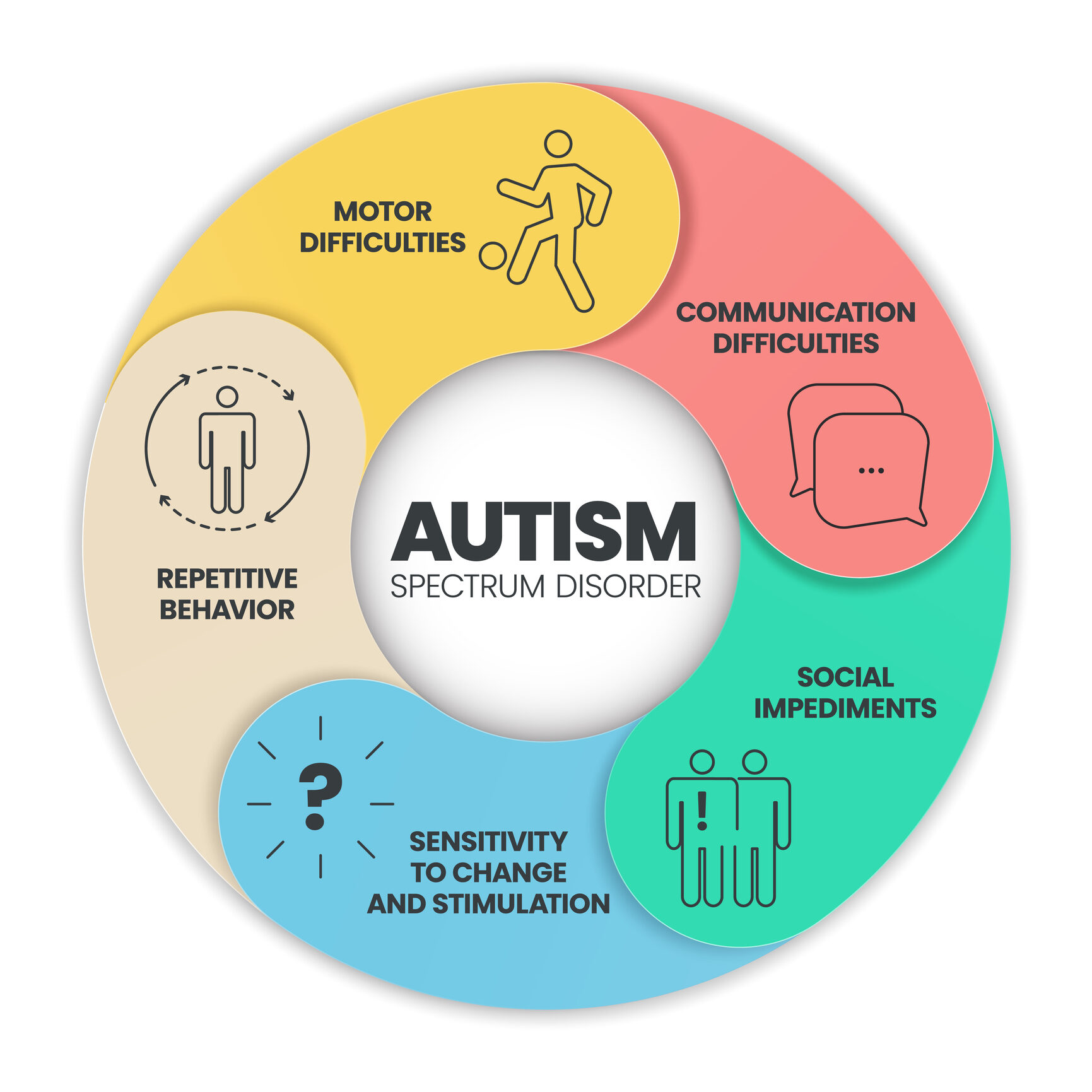When and Why Autism Testing Is Crucial

Autism Spectrum Disorder (ASD) presents differently in every individual, which is why timely and accurate diagnosis is essential. Whether you’re a parent noticing unusual behaviors in your child or an adult reflecting on lifelong challenges with communication and sensory regulation, understanding when and why autism testing matters can help you or your loved one gain critical support and clarity.
For those beginning this journey, professional Autism Testing offers a comprehensive pathway to better understanding and customized interventions.
Recognizing the Right Time for Autism Testing
There is no “perfect” age for autism testing, but early detection often leads to better outcomes. However, it’s equally valuable for teens and adults to seek assessments, particularly if past behavioral challenges were overlooked or misdiagnosed.
Here are some situations when testing becomes necessary:
- Delayed Developmental Milestones
Children who are late to speak, avoid eye contact, or show limited social interest may be displaying early signs of autism. These developmental delays can become more apparent between 18 to 36 months. - Behavioral Red Flags in School-Aged Children
Kids who struggle with peer relationships, show repetitive behaviors, or are overwhelmed by sensory input may need evaluation. Often, teachers notice these patterns before parents do. - Teenagers Facing Emotional and Social Struggles
Adolescents with autism may face unique challenges such as bullying, social anxiety, or rigid thinking patterns. Many teens are first tested after emotional outbursts or academic decline. - Undiagnosed Adults Seeking Self-Understanding
Many adults live with undiagnosed autism, often masking traits to cope with daily demands. Testing can bring clarity for those feeling chronically misunderstood or misdiagnosed with other conditions like anxiety or ADHD.
Why Autism Testing Is So Important
Autism testing provides more than a diagnosis—it unlocks access to essential resources, therapies, and a deeper understanding of how one interacts with the world.
Here’s why testing is a critical step:
- Early Intervention Benefits
For children, early diagnosis means access to early intervention therapies. These may include speech therapy, occupational therapy, and applied behavior analysis (ABA), which are proven to improve developmental trajectories. - Access to Educational Accommodations
A formal diagnosis enables students to receive support through an Individualized Education Program (IEP) or a 504 Plan. These accommodations can help improve academic outcomes and classroom behavior. - Mental Health Clarity
Adults or teens may struggle with depression, social withdrawal, or panic attacks—issues sometimes misdiagnosed without recognizing autism as the root cause. - Better Relationships and Communication
Autism testing can provide a framework for understanding communication difficulties, emotional regulation challenges, or sensory issues—helping family and partners relate better. - Legal and Workplace Support
A diagnosis may qualify individuals for protections under the Americans with Disabilities Act (ADA) or workplace accommodations under employment laws.
The Process of Getting an Autism Diagnosis
Many families and individuals feel overwhelmed at the thought of going through autism testing. However, the process is highly structured and compassionate, designed to gather a holistic view of behavior, development, and communication.
Step 1: Intake Interview
The journey starts with a comprehensive background interview covering developmental history, medical records, school performance, and observed behaviors.
Step 2: Standardized Testing
Tools such as the Autism Diagnostic Observation Schedule (ADOS) or the Autism Spectrum Quotient (AQ) may be used depending on the age group. These standardized measures help identify core autism traits.
Step 3: Behavioral Observation and Interaction
In some cases, professionals observe the individual’s communication style, play behavior (in children), and reactions to structured tasks.
Step 4: Feedback and Diagnosis
Once assessments are completed, clinicians provide a full report with findings, diagnosis (if appropriate), and individualized recommendations for therapies or support systems.
Long-Term Impact of an Autism Diagnosis
A diagnosis can be life-changing in empowering ways. Rather than creating a label, it offers insight and validation, helping people take control of their lives with confidence.
Key long-term benefits include:
- Improved Self-Esteem and Identity
Many autistic individuals feel a sense of peace when they learn the reason behind their experiences. It allows them to embrace their identity without shame. - Increased Support Networks
Diagnosis opens the door to local support groups, social skills workshops, and online communities tailored to those on the spectrum. - Future Planning
For parents, it allows long-term planning for education, housing, and financial security. For adults, it enables better healthcare and employment planning.
FAQs About Autism Testing
What age is best for autism testing?
While children as young as 18 months can be tested, it’s never too late. Teens and adults can benefit greatly from testing, especially if symptoms have been missed.
Can girls and women be autistic too?
Yes, although autism is often underdiagnosed in females because their symptoms may differ or be masked. Testing should be sensitive to gender differences.
Is testing only for severe cases?
No. Autism exists on a spectrum, and testing can benefit those with mild traits who still struggle with daily life.
What happens if I test positive for autism?
You’ll receive a diagnostic report, recommendations for therapy, and possibly a referral to specialists. Diagnosis can help with workplace accommodations and personal growth.
Is testing covered by insurance?
In many cases, yes. Check with your provider to see what types of psychological assessments are included under your plan.
Final Thoughts: Don’t Delay Answers That Can Change Lives
Whether you’re a parent observing behavioral changes in your child, a teenager facing social challenges, or an adult looking for clarity—autism testing can be a turning point. A diagnosis doesn’t limit you; it liberates you from years of misunderstanding and opens up a path toward personalized support and success.
The earlier you act, the sooner you or your loved one can access strategies, therapies, and educational or workplace adjustments that make life not just manageable—but fulfilling. Knowledge is power, and when it comes to autism, testing is the first step toward understanding the beautiful uniqueness within.



